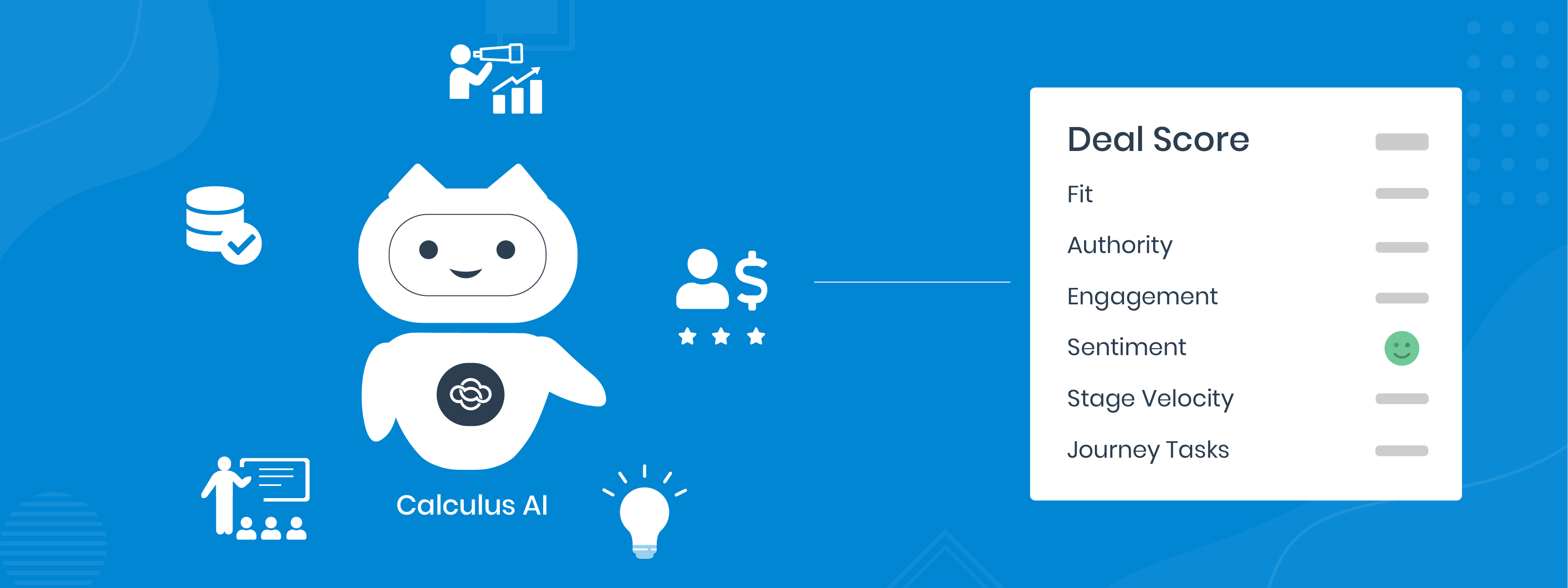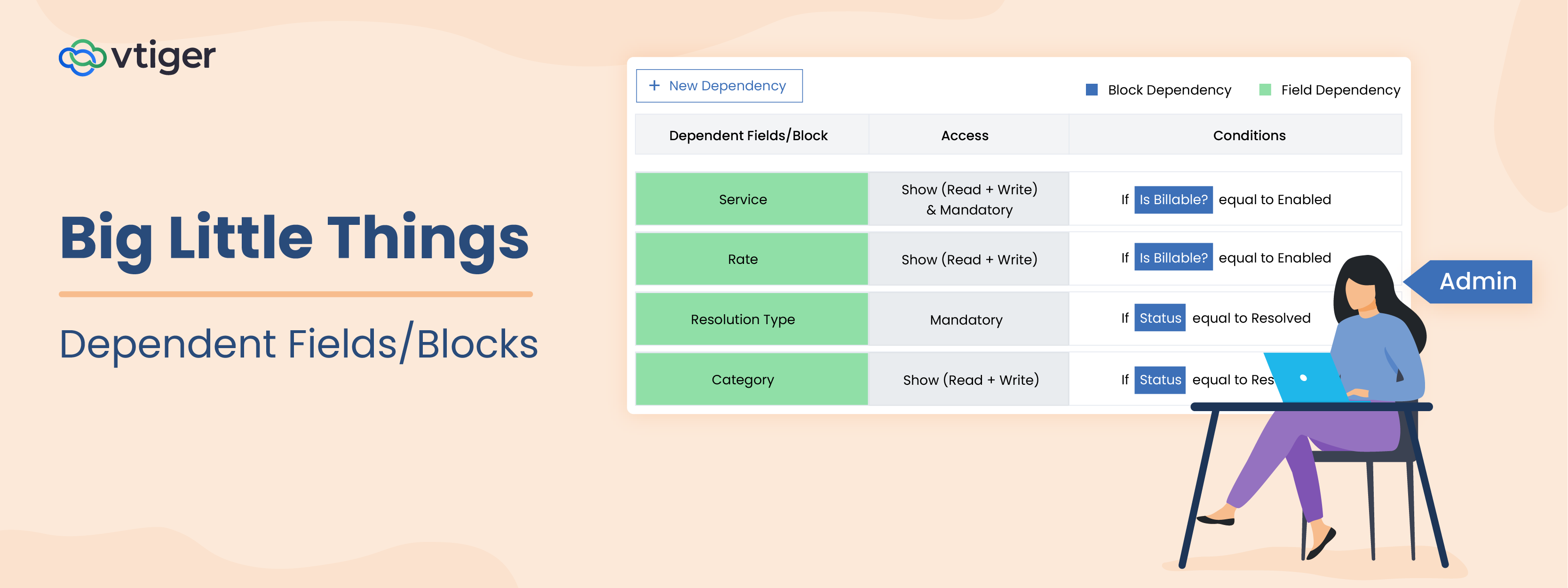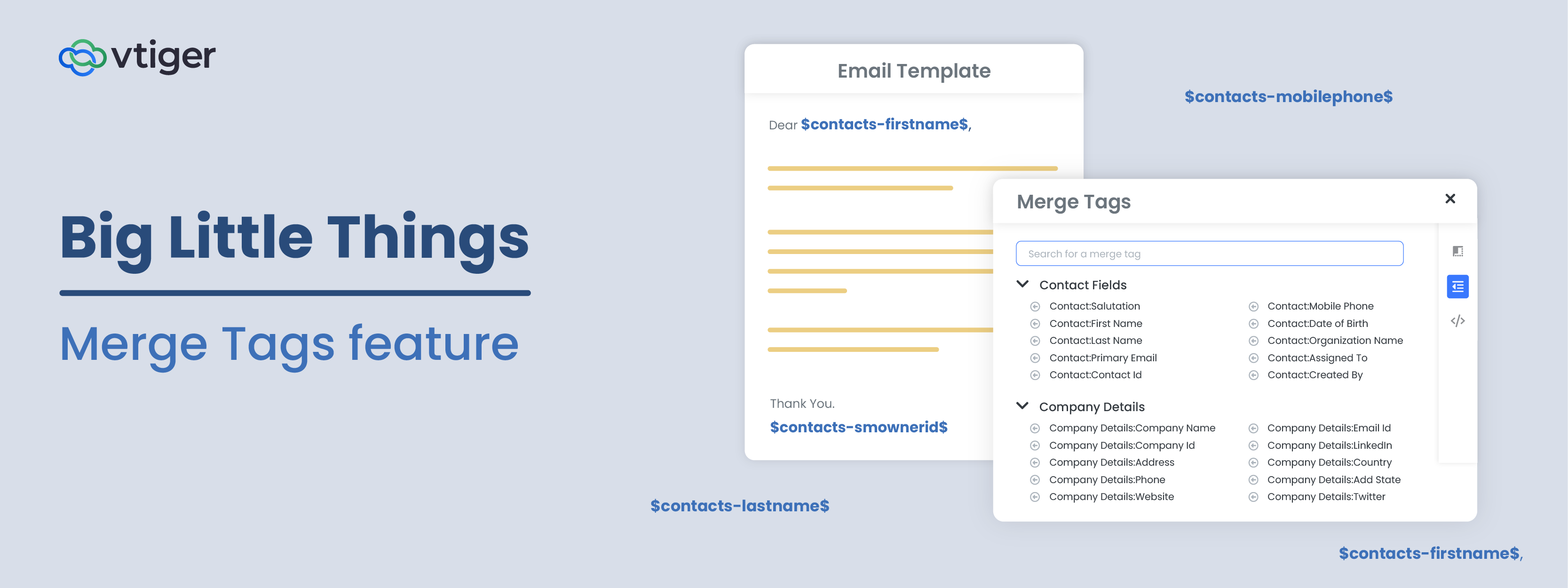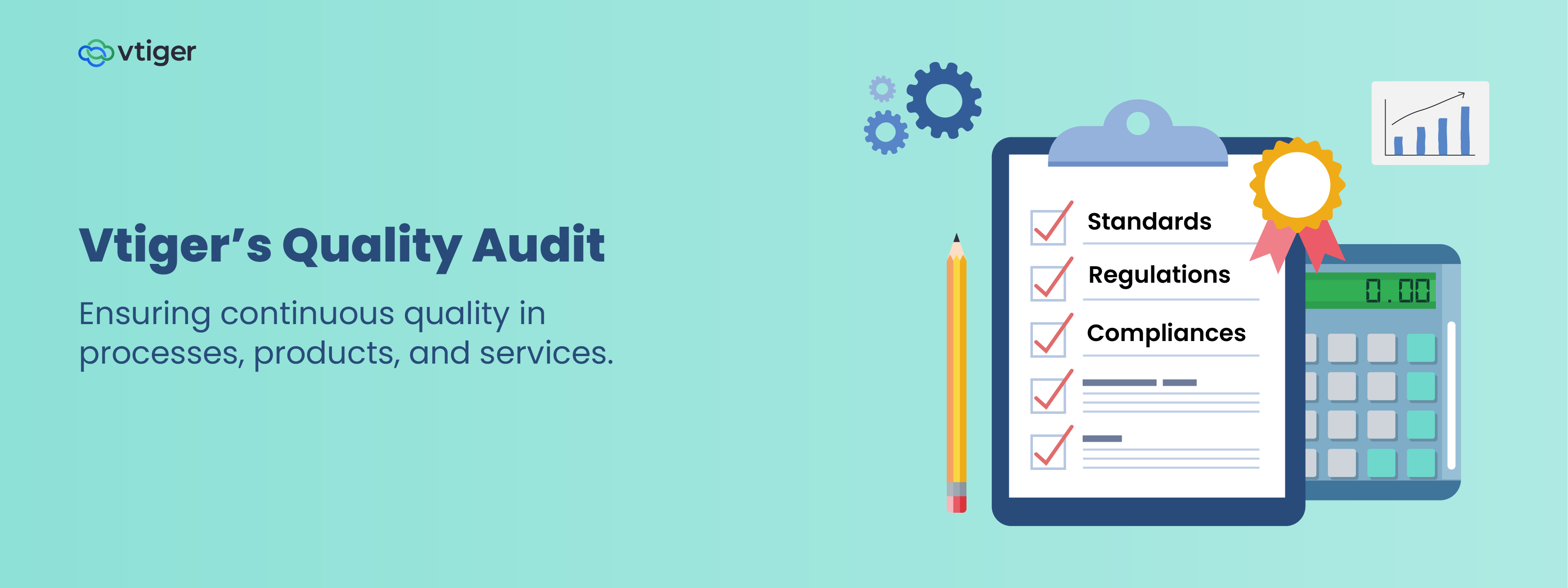Does your organization use a deal scoring process where you manually assign a probability to forecast deal closures? Then you know the process can be flawed and how ‘unpredictable predictions’ can be.
Every business needs a reliable way to predict the outcome of a deal. Knowing the likelihood of winning a deal is useful for two reasons:
- Take corrective actions – Sales reps can take actions to increase winning chances if the likelihood is low.
- Increase reliability in forecasts – Use dependable scores to build better forecasts.
While each deal is different, there are many factors like client and contact needs, behavior, and demographics that influence the outcome of a deal. For example, the industry in which your client operates is an essential factor.
Then there are also dynamic factors such as engagement patterns. If client engagement is high, then it usually leads to a higher conversion rate. Just remember that while you might have a higher conversion rate in one industry, the same factors or formulae might not work for another.
Based on these factors, you can calculate the likelihood of winning a deal using one of the following ways:
- Traditional Scoring
- AI-based Scoring
The traditional approach uses rules (or conditions) configured in the CRM to assign scores.
Consider these examples:
- You can assign 5 points if a client is from the ‘Manufacturing’ industry and 7 for a client in ‘Telecom’. Similarly, you can award 3 points for each email and 6 points for each call.
- You can set up a rule to directly assign a probability to the deal stage. With each advancing stage, the probability goes up. For example, a deal in the ‘Value proposition’ stage could be 50%, and in the ‘Agreement review’ stage, it could be 80%.
With traditional scoring, the responsibility of determining the scoring rules lies with the Sales leader. Besides being tedious, the process is also error-prone and usually leads to inaccurate scores. Administrators usually end up spending time reviewing the results and going back to modify the rules.
Vtiger has applied AI-based learning models to overcome the problems of traditional scoring. AI-based models determine scoring rules based on historical data. And the scoring process improves over time as the data used for training grows.
We recommend AI-based scoring over others any day. We can start with the cliche ‘data doesn’t lie’. But, here are the actual reasons.
- AI can detect patterns in the data that might not be observable by a human.
- AI predictions are based on data, not emotions. Hence scoring figures are accurate. (However, we can also make the AI consider sentimental data.)
- AI scoring keeps getting better with time as historical data increases.
- AI scoring doesn’t need any manual intervention; hence no ‘external influences’ will disturb predictions.
Deal scores are helpful to sales reps only when the system can provide recommendations to improve the score.
Here are a few examples of recommendations your sales reps will see when equipped with Calculus
- Reminder to perform actions such as identifying decision-makers.
- Recommending documents that have previously helped move similar deals forward.
- Reminder to follow up when the time is right.
- Suggesting the best time to contact to improve win-rates.
Accurate deal scoring aids sales managers with reliable forecasts. The forecasts get better with time as the deal scoring itself keeps getting better with more data. Managers can rest easy because the forecasts are not just based on the sales rep’s ‘gut feeling’. Instead, AI-based forecasts are based on available signals that influence the deal’s outcome.
Try Vtiger Calculus – It is time to put AI in the hands of your sales team.
Deal scoring, Deal recommendations, Email assistant, Call analysis, Coaching features are all a part of Vtiger Calculus.
Vtiger Calculus is an add-on available for Vtiger Sales and Vtiger One editions (Professional and Enterprise tiers).



